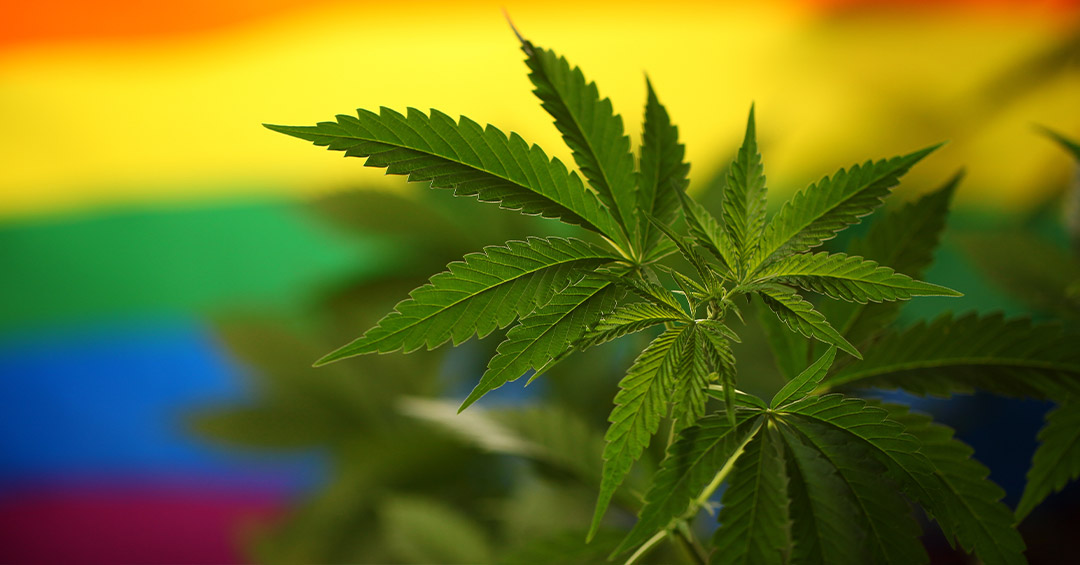Pride Month is a time of celebration, remembrance and advocacy for the Queer community around the world. Every year, these four weeks of fabulosity commemorate the devastating Stonewall Riots of 1969 and promote continued equality and acceptance. With its long history of cultural significance and therapeutic benefits, cannabis has woven itself into the fabric of LGBTQ+ culture, serving as a symbol of resilience, liberation, and community solidarity—particularly by the legacy activists of medicinal cannabis.
The cannabis legalization movement began in California and is deeply rooted in San Francisco’s legacy activism, gaining significant momentum through grassroots efforts and advocacy in the 1980s and 1990s.
This movement culminated in 1996 with the passage of Proposition 215, also known as the Compassionate Use Act, which Dennis Peron co-authored and spearheaded. Prop 215 was a landmark initiative that legalized medical cannabis in California, making it the first state to do so.
This pivotal law allowed patients with qualifying medical conditions to access cannabis for therapeutic purposes, sparking a nationwide shift in attitudes toward medical marijuana.
Subsequent legislative milestones, such as the Medical Marijuana Program Act (2003) and the Adult Use of Marijuana Act (2016), further expanded access and legalized recreational cannabis, solidifying California’s role as a trailblazer in cannabis legalization and advocacy. The evolution of these laws reflects California’s progressive stance on cannabis and its commitment to compassionate care and social justice for patients and consumers alike.
Meet California’s Legacy Activists
Prominent figures like Brownie Mary, Dennis Peron, Wayne Justmann and Dr. Donald Abrams played pivotal roles in shaping the intersection of cannabis advocacy and LGBTQ+ rights, highlighting its therapeutic benefits for patients diagnosed with HIV/AIDS.
Together, these figures exemplify how cannabis advocacy intersected with LGBTQ+ rights during a time of crisis and discrimination. Their efforts not only provided relief and comfort to individuals facing health challenges but also empowered the LGBTQ+ community to assert their rights to healthcare, dignity, and self-determination.
Cannabis’s cultural significance within the LGBTQ+ community is deeply rooted in advocacy, resilience, and community connection. Through the pioneering efforts of pioneering activists and legacy advocates, cannabis has not only provided therapeutic relief but also served as a symbol of solidarity and empowerment. They laid the groundwork for ongoing efforts to expand access to cannabis for medical and recreational purposes and advocate for social justice.
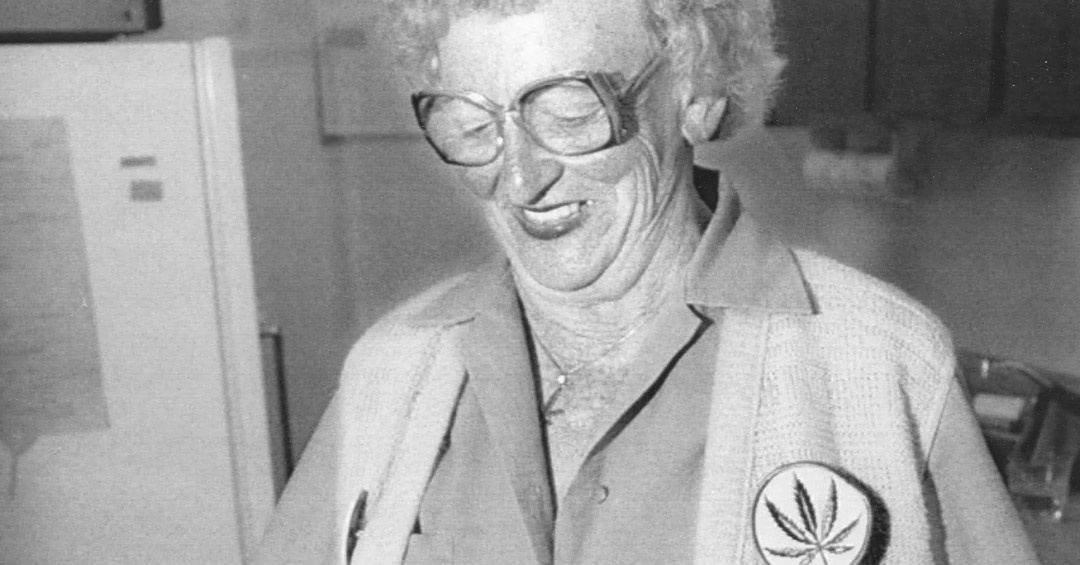
Brownie Mary
One of the most iconic legacy activists in this history is Mary Jane Rathbun, affectionately known as Brownie Mary. During the height of the AIDS epidemic in San Francisco in the 1980s, Brownie Mary became renowned for baking and distributing cannabis-infused brownies to AIDS patients. Her actions were not only a humanitarian effort to alleviate suffering but also a bold act of civil disobedience against cannabis prohibition. Brownie Mary’s advocacy highlighted the therapeutic benefits of cannabis for managing symptoms such as nausea, pain, and appetite loss—a message that resonated deeply within the LGBTQ+ community during a time of deep crisis and neglect.
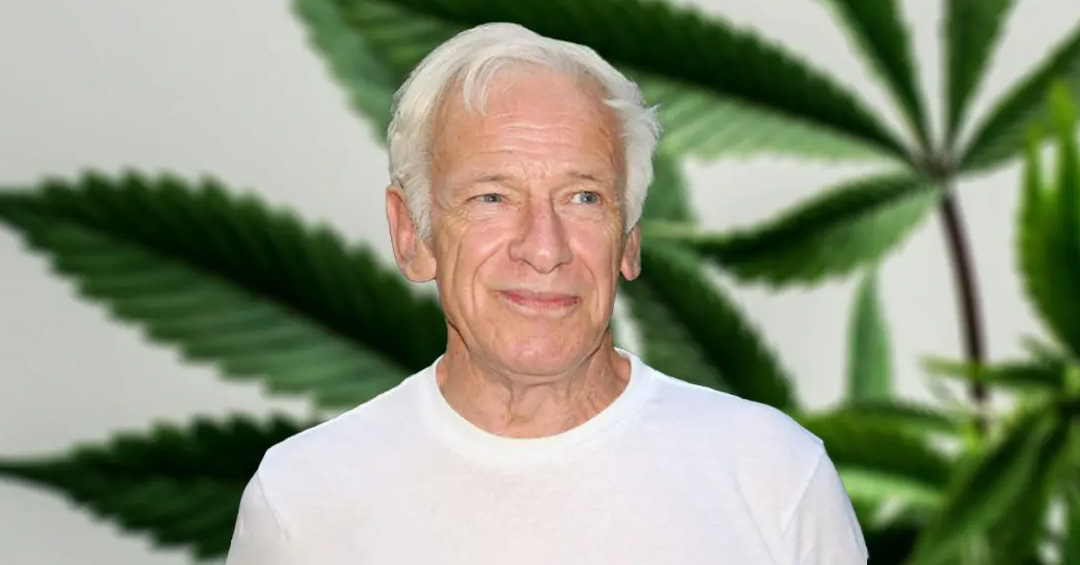
Dennis Peron
Dennis Peron, a Vietnam War veteran and cannabis activist, further cemented cannabis’s role in LGBTQ+ activism through his pioneering work in cannabis legalization. In 1996, Peron co-authored Proposition 215, making California the first state to legalize medical cannabis. His advocacy was motivated by personal loss during the AIDS epidemic, where he witnessed firsthand the therapeutic benefits of cannabis for easing the suffering of AIDS patients with his partner, Jonathan West. Peron’s efforts not only paved the way for medical cannabis legalization nationwide but also highlighted the importance of cannabis as a tool for compassion and social justice within the LGBTQ+ community.
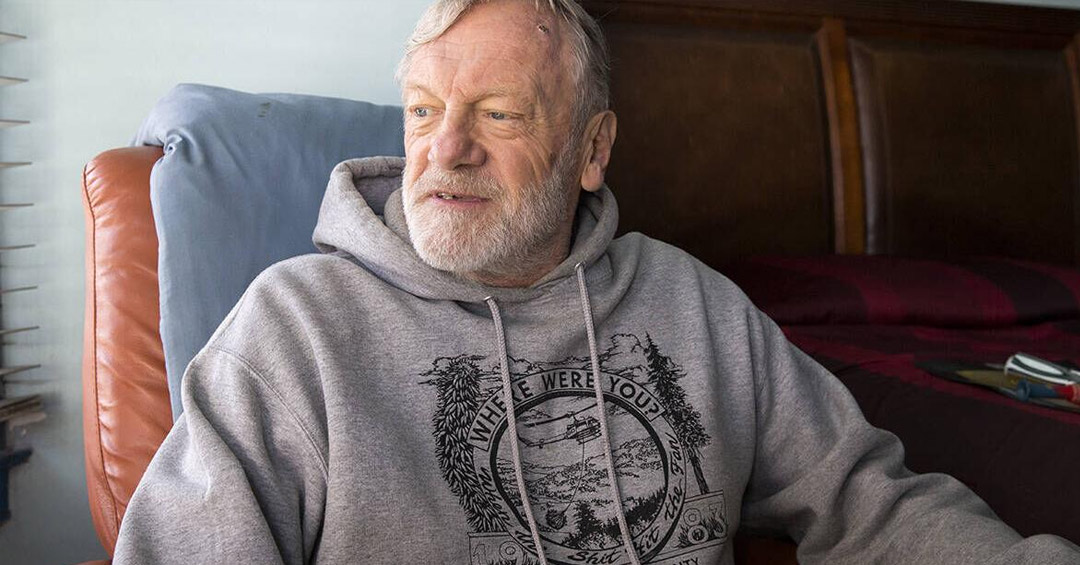
Wayne Justmann
Wayne Justmann, another pivotal figure, co-founded the ACT UP Cannabis Buyers Club in San Francisco during the AIDS crisis. This club provided cannabis to AIDS patients who found relief from the symptoms of the disease and the side effects of early HIV medications. Justmann’s activism underscored the urgent need for compassionate access to cannabis as part of comprehensive healthcare for LGBTQ+ individuals, challenging societal stigma and legal barriers.
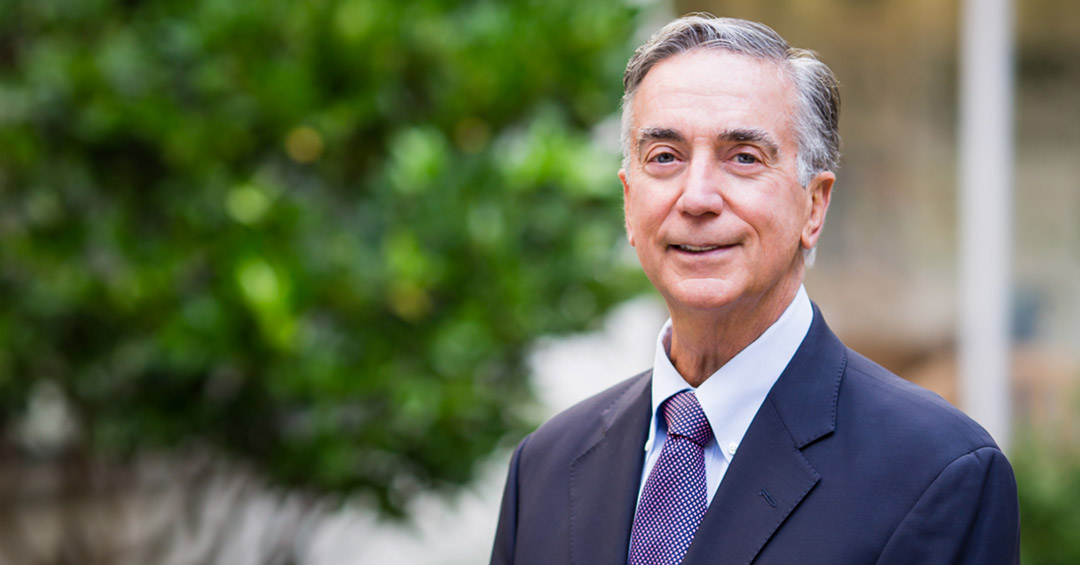
Dr. Donald Abrams
Dr. Donald Abrams, an oncologist and professor at the University of California, San Francisco, conducted groundbreaking research on the medical benefits of cannabis for people living with HIV/AIDS. His studies demonstrated that cannabis could alleviate symptoms such as nausea, pain and appetite loss—common side effects of both the disease and its treatments. Dr. Abrams’s advocacy and research contributed to the growing body of scientific evidence supporting cannabis as a therapeutic option for managing HIV/AIDS-related symptoms, further legitimizing its medical use within the LGBTQ+ community.
Today, the legacy of Brownie Mary, Dennis Peron, Wayne Justmann, Dr. Donald Abrams and many more legacy activists continues to resonate within the LGBTQ+ community and the broader cannabis legalization movement. As Pride Month continues to evolve as a platform for visibility and advocacy, cannabis remains an integral part of the celebration, honoring the enduring legacy of those who paved the way for acceptance and inclusivity.


